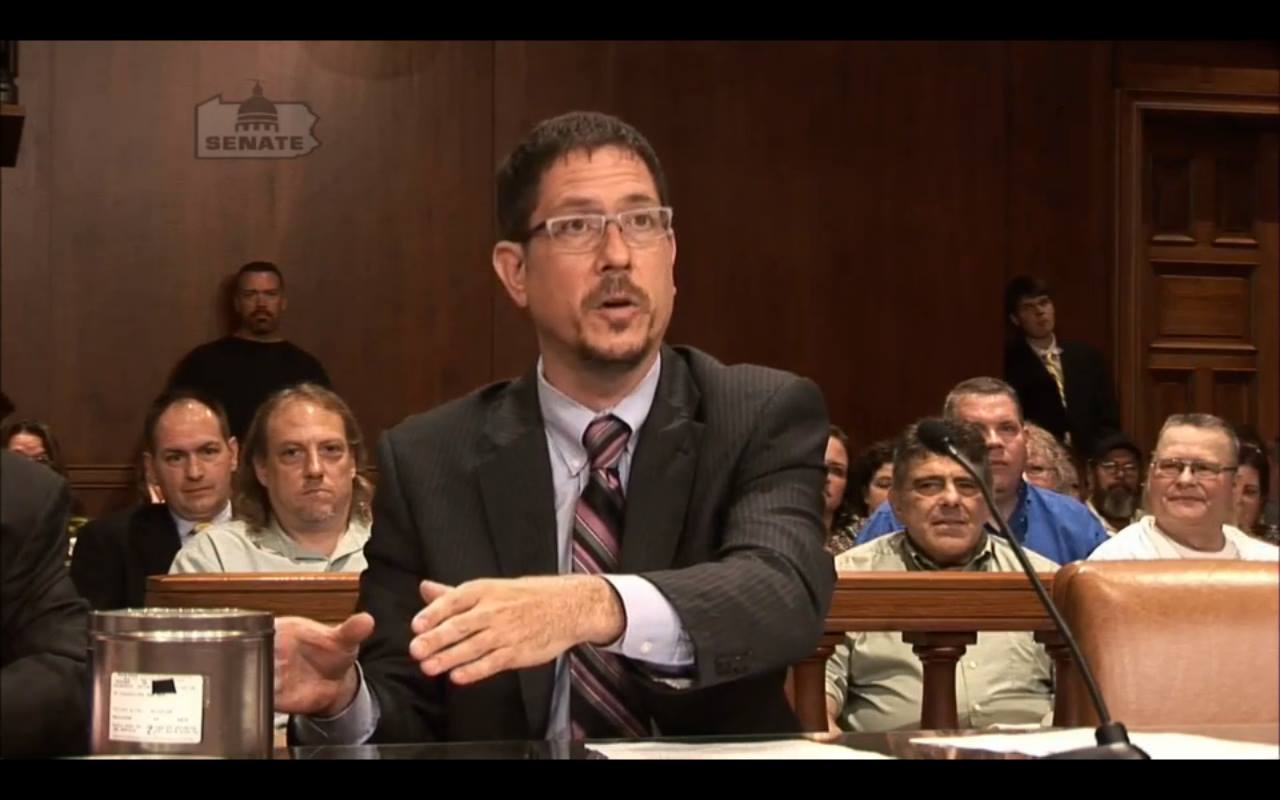Demystifying the Refine of Federal Appeals: What You Required to Know
Browsing the complex world of federal allures can often appear like passing through undiscovered waters for those not familiar with the procedure. Recognizing the nuances of appellate court jurisdiction, the ins and outs of submitting a notification of charm, providing a compelling brief, and making a persuasive oral disagreement are essential elements that can considerably affect the end result of an instance. By untangling the layers of complexity bordering government allures, people can acquire a clearer insight into the devices that control this critical phase of the legal system.
Comprehending Federal Appeals Process
Exploring the elaborate world of the government appeals process unveils a systematic and structured trip with the judicial system - federal appellate attorney new mexico. Federal charms function as a vital device for assessing decisions made by lower courts. Comprehending this procedure is necessary for any individual associated with lawful procedures at the federal level
The process usually begins with a celebration dissatisfied with a lower court's judgment filing a notice of appeal. This causes a testimonial by a higher court, where a panel of courts analyzes the lawful arguments provided by both parties. Briefs detailing the legal reasoning behind each event's placement are sent, and oral debates might be heard to make clear intricate problems.
The appellate court's choice is based on a comprehensive evaluation of the lower court's process and the debates offered. Once the appellate court reaches a choice, it can verify, reverse, remand, or modify the reduced court's ruling, offering quality and finality to the lawful conflict.
Appellate Court Territory Described

Appellate courts have territory over details kinds of situations, generally those including lawful errors, procedural problems, or questions of legislation instead than valid disputes. The jurisdiction of appellate courts is normally outlined in laws and legislations that regulate the court system. Recognizing appellate court territory is crucial for celebrations associated with the charms procedure as it determines whether a case is eligible for testimonial and the level to which the appellate court can interfere in the lower court's choice.
Filing a Notification of Charm
The initial step in starting the government appeals procedure entails submitting a Notification of Allure with the ideal appellate court. top federal appeal lawyer new jersey. This essential record formally notifies the court and the other events associated with the case that the appealing party means to seek a review of the reduced court's choice. Submitting a Notice of Allure is a rigorous step-by-step need that sets the appellate process in activity
When preparing the Notification of Allure, it is necessary to ensure conformity with the specific guidelines and standards of the pertinent appellate court. The document has to generally consist of info such as the situation name, the reduced court's name, the date of the judgment being appealed, and a succinct statement showing the premises for the charm.
When filing a Notice of Appeal,Timeliness is of the significance. Missing the deadline for submitting this file can lead to the appeal being disregarded, highlighting the significance of accurate and prompt initiation of the charms procedure. It is suggested to look for lawful guidance to browse the complexities of submitting a Notice of Appeal efficiently.
Briefing and Oral Debate
In the appellate procedure, offering created briefs and taking part in oral disagreements play critical duties in supporting for the appealing party's placement before the appellate court. Briefs are thorough lawful files that describe the events' arguments, legal authorities, and analysis supporting their positions. These written entries supply the court with a thorough understanding of the facts of the instance, the relevant law, and why the appealing event thinks the reduced court's choice must be overturned.
Adhering to the entry and review of the briefs, dental debates offer the celebrations an opportunity to more clarify their positions, resolve any kind of questions the appellate judges might have, and highlight bottom lines from their written briefs. Oral disagreements are an opportunity for the attorneys to convince the courts via verbal campaigning for and feedbacks to inquiries from the bench.

Obtaining the Appellate Court Decision

Final Thought
Understanding the appellate court territory, filing a notice of charm, preparing briefs, and presenting oral disagreements are all important parts of this procedure. Eventually, receiving the appellate court choice can provide clearness and resolution Clicking Here to lawful conflicts.
As we progress from recognizing the government appeals procedure to studying the complexities of appellate court jurisdiction, an essential facet comes to light regarding the authority and limitations of these higher courts in the legal landscape. Appellate court jurisdiction refers to the scope of situations that a specific appellate court has the power to evaluate and determine upon. Unlike test courts that listen to cases for the very first time, appellate courts are limited to assessing decisions made by reduced courts. Understanding appellate court territory is essential for celebrations included in the charms process as it figures out whether an instance is eligible for review and the extent to which the appellate court can interfere in the reduced court's decision.
Whether the appellate court attests, reverses, or remands the lower court's decision, understanding the ramifications of the judgment is crucial for all events involved in the appellate process.